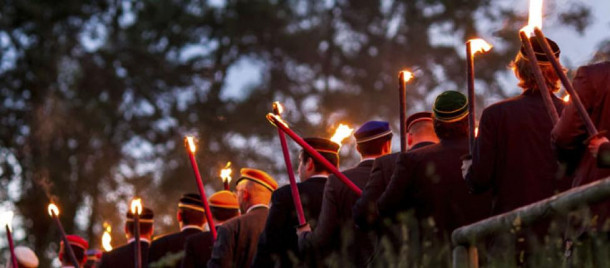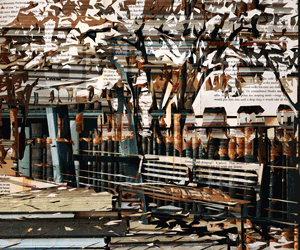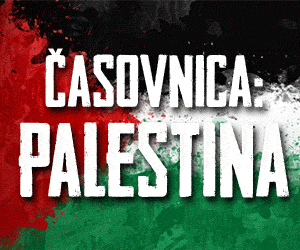Burschenschaften
Although not all of these student groups consider themselves as explicitly German-national and some of them even somehow position themselves in a so called reformistic approach, there is an integrated dangerously striking tendency among these groups towards a neo-conservative, nationalist attitude and political involvement. This is directly connected to the history and self-conceptions of those fraternities themselves and goes together with bizarre rituals and habits of these groups, that I’m going to examine in the course of the show.
I will talk about the view on the world that is practiced in the self-conception of precisely self-proclaimed German-national fraternities as well as about their consistent involvement in right-wing political activities, initiatives and politization. It is important to show that such identity-based associations go together with racist and neo-racist argumentations, Anti-Semitism as well as with an anti-Feminist and homophobic attitude and misogyny. Furthermore, I will talk to Lenni who studies in Marburg, a German student town where a lot of fraternities are active. He will talk about the different activities of those student groups on the ground and their involvement in and influence on the student’s sphere.
The roots of the German fraternities go back to the early 19th century and the first of those student groups that was founded in Jena. In the founding document of 1815 there is written:
"Raised by the thought of a common fatherland, imbued with the sacred duty that is inherent to every German to work towards revitalization of German habit and German sense, thereby awaken German force and breeding, thus founding the previous honor and glory of our people firmly back and to protect it forever against the most terrible threats, to protect it against foreign subjugation and despotal force, a part of the students in Jena has met and has persuaded to set up a connection with the name of a fraternity."






















Prikaži Komentarje
Komentiraj